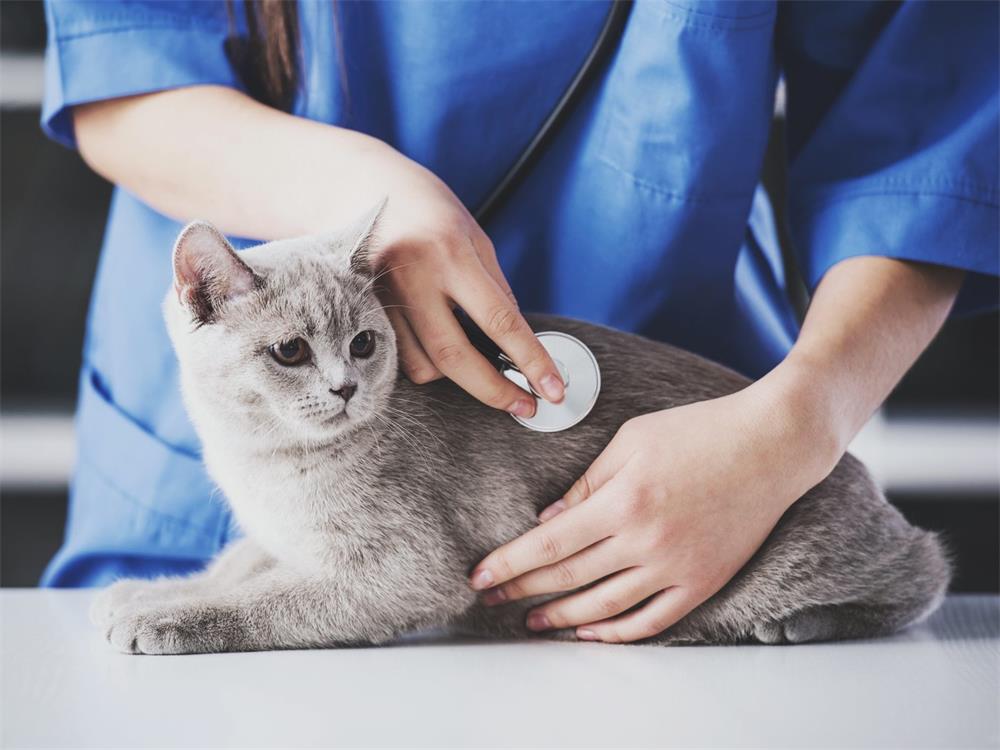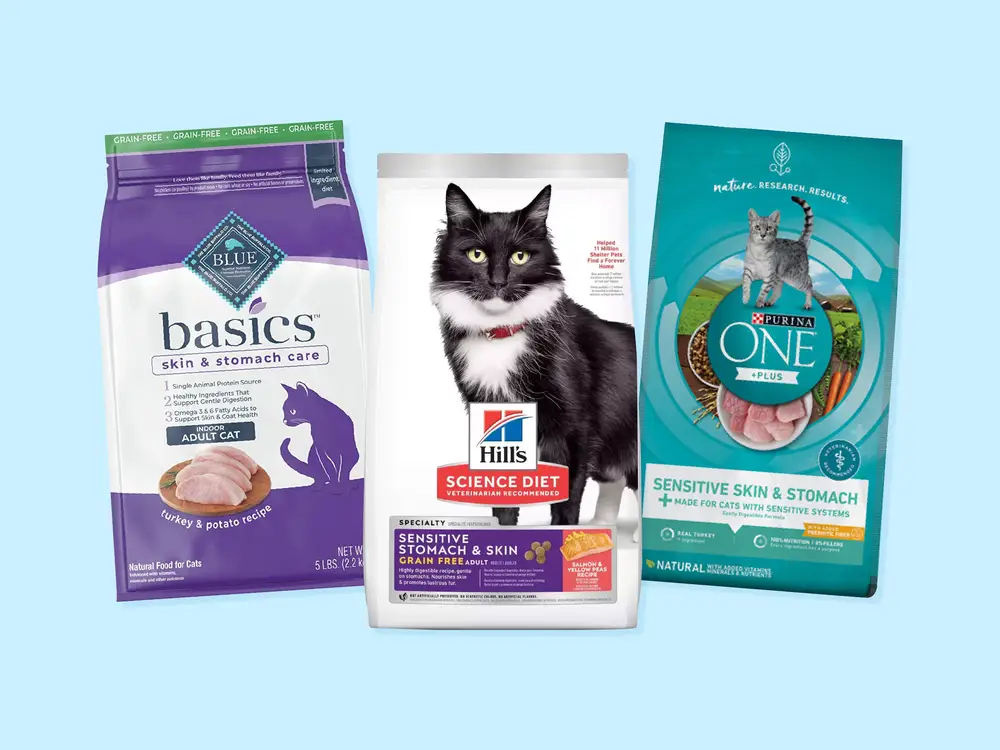Contents
Regular veterinary check-ups are essential for maintaining your pet’s health and well-being. By providing preventative care, early detection of health issues, tailored health plans, and keeping vaccinations up-to-date, regular check-ups can help prevent serious health problems and keep your pet safe and healthy. Here are some of the benefits of regular veterinary check-ups for your pet’s health.
Preventative care
Preventative care is the best way to avoid costly and complicated treatments in the future. During a regular check-up, your veterinarian will perform a physical exam, check your pet’s weight and body condition, examine your pet’s ears, eyes, mouth, skin, heart, lungs, and abdomen, and ask you about your pet’s behavior, diet, exercise, and lifestyle. Your veterinarian will also provide recommendations on parasite prevention, dental care, grooming, spaying or neutering, microchipping, and other aspects of pet care that can help prevent diseases and injuries.
Early detection of health issues
Many pets hide their symptoms of illness or pain until they become severe. Regular check-ups can help detect and diagnose health issues at an early stage, before they become more difficult and expensive to treat. For example, regular check-ups can help detect and prevent dental problems, which can lead to serious health issues if left untreated. Additionally, your veterinarian will examine the pet physically and may recommend tests or other diagnostic procedures to screen for common diseases such as diabetes, kidney disease, heart disease, arthritis, cancer, and more. Early detection and intervention can improve your pet’s prognosis and quality of life.
Tailored health plans
Every pet is unique and has different needs depending on their age, breed, lifestyle, and medical history. Regular check-ups allow your veterinarian to create a personalized health plan for your pet that suits their specific needs and goals. Your veterinarian will advise you on the optimal frequency of visits, vaccinations, tests, treatments, diet, supplements, exercise, and enrichment for your pet. A tailored health plan can help your pet stay healthy and happy throughout their life stages.
Keeps vaccinations up-to-date
Vaccinations are vital for protecting your pet from infectious diseases that can be fatal or cause serious complications. Some vaccinations are required by law or by boarding facilities, while others are recommended based on your pet’s risk factors. Regular check-ups ensure that your pet receives the appropriate vaccinations at the right time and that they are effective and safe. Your veterinarian will also monitor your pet for any adverse reactions or side effects after vaccination.
Maintains a healthy diet and exercise regimen
Obesity is a common problem among pets that can lead to many health issues such as diabetes, arthritis, heart disease, respiratory problems, and more. Regular check-ups can help monitor your pet’s weight and body condition and provide guidance on how to maintain a healthy diet and exercise regimen for your pet. Your veterinarian will also evaluate your pet’s nutritional needs and recommend the best type and amount of food for your pet based on their age, breed, activity level, and medical conditions. A healthy diet and exercise regimen can help prevent obesity and other health problems in your pet.
Conclusion
Regular veterinary check-ups are not only beneficial but also necessary for your pet’s health and well-being. By providing preventative care, early detection of health issues, tailored health plans, keeping vaccinations up-to-date, and maintaining a healthy diet and exercise regimen for your pet, regular check-ups can help prevent serious health problems and keep your pet safe and healthy. As a responsible pet owner, you should schedule regular veterinary check-ups for your pet at least once a year or more often as recommended by your veterinarian.







